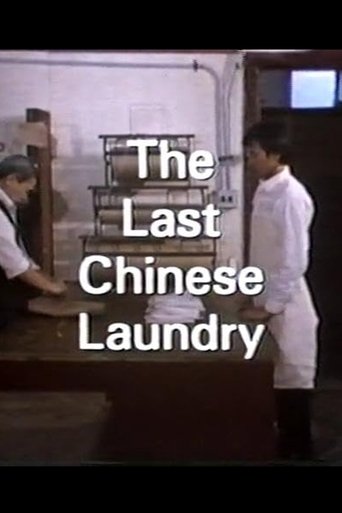
01 Jan 1987

The Last Chinese Laundry
A documentary from 1987 featuring the life of early Chinese immigrants to the island of Newfoundland.
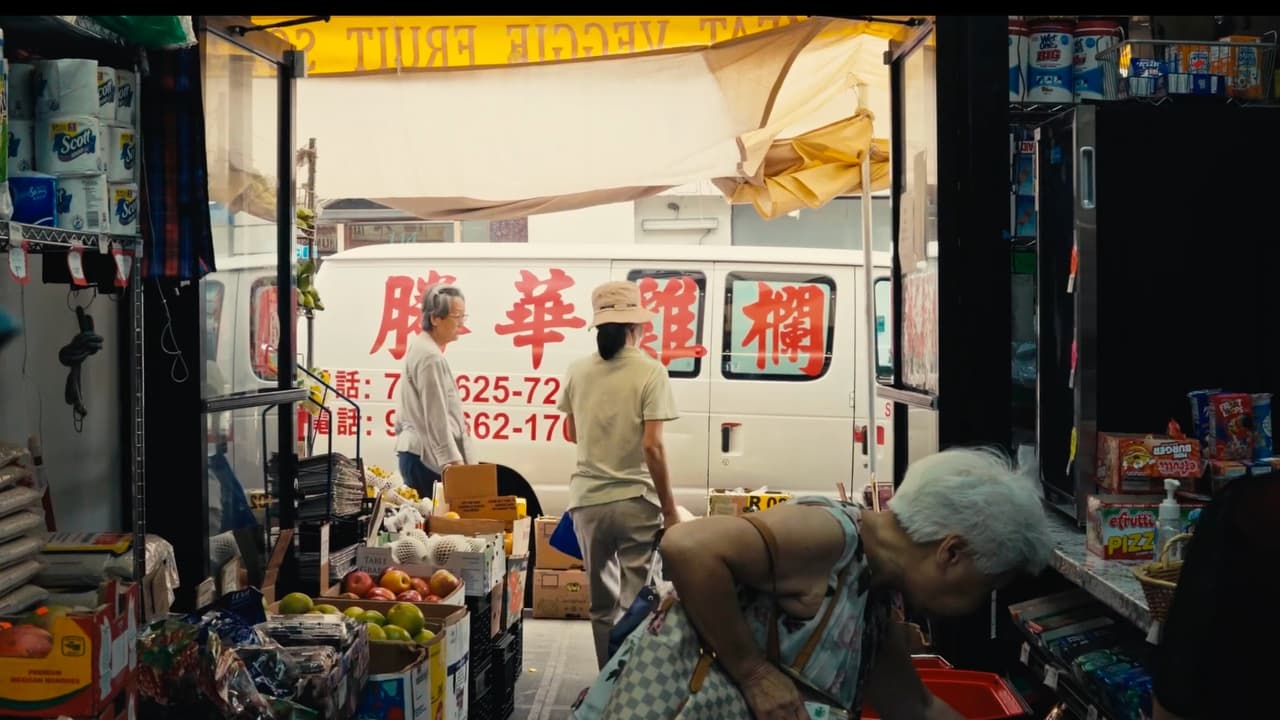
When the cart reaches the mountain, there must be a road. When the boat reaches the bridge, it will naturally be straight.
Growing up, I heard many tales of my grandmother's life, before she was known as Mimo, and each narrative she told stuck with me and still impact my thinking to this day. I wanted to celebrate Mimo's wisdom and character, as well as capture the extraordinary within the ordinary. Hopefully I can inspire others to reflect on their own relationships with their elders and the untold stories that shaped their lives.

Self (Voice)

01 Jan 1987

A documentary from 1987 featuring the life of early Chinese immigrants to the island of Newfoundland.
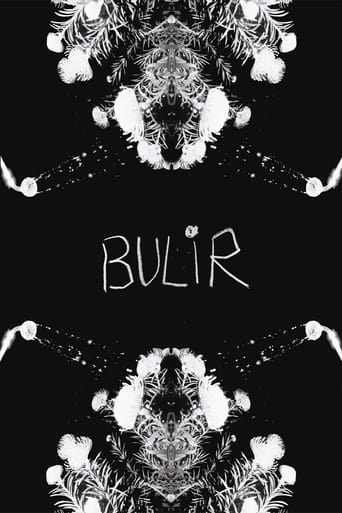
09 Feb 2024

All the stories told, all the memories, dreams and lost moments were left in a tank from other generations.

28 Aug 2002

The documentary's title translates as "to be and to have", the two auxiliary verbs in the French language. It is about a primary school in the commune of Saint-Étienne-sur-Usson, Puy-de-Dôme, France, the population of which is just over 200. The school has one small class of mixed ages (from four to twelve years), with a dedicated teacher, Georges Lopez, who shows patience and respect for the children as we follow their story through a single school year.
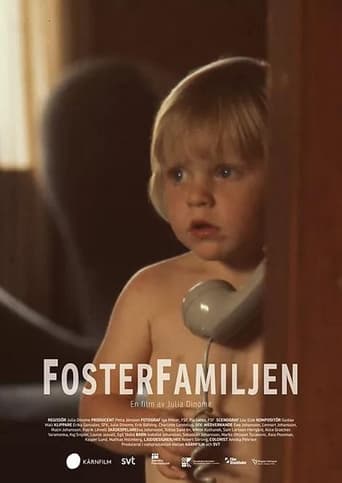
07 Oct 2022

Julia always said that her upbringing as a biological child in a foster family was a happy time. But something is wrong. In The Foster Family, we follow director Julia's journey back in time, where she, together with her parents Ewa and Lennart and the foster child Patrik, recollect the shocking events that changed their lives over thirty years ago. The children are at the center of this strong, touching and warm documentary about a system where you can love, but not too much.
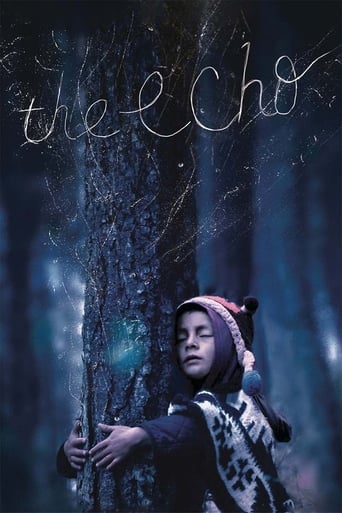
20 Feb 2024

In the remote village of El Echo that exists outside of time, the children care for the sheep and their elders. While the frost and drought punish the land, they learn to understand death, illness and love with each act, word and silence of their parents. A story about the echo of what clings to the soul, about the certainty of shelter provided by those around us, about rebellion and vertigo in the face of life. About growing up.
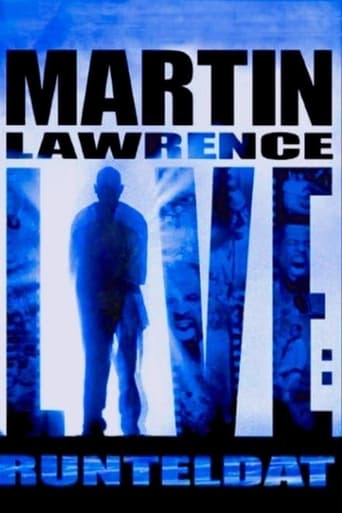
02 Aug 2002

The controversial bad-boy of comedy delivers a piercing look at his life, lifting the metaphorical smokescreen that he feels has clouded the public view, commenting on everything from the dangers of smoking to the trials of relationships, and unleashing a nonstop litany of raucous anecdotes, stinging social commentary and very personal reflections about life.

12 Aug 2004

When a Mongolian nomadic family's newest camel colt is rejected by its mother, a musician is needed for a ritual to change her mind.
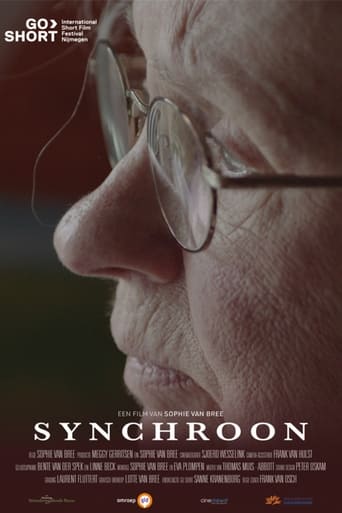
01 Apr 2022

SYNCHRONOUS is an intimate portrait of love and the reverse side of love: mourning. The granddaughter/maker looks idealistically at the endless love between her grandfather and grandmother. When her grandfather dies, she decides to look for answers by filming her grandmother. What happens when you've been together all your life and your great love dies? Where is the love then?
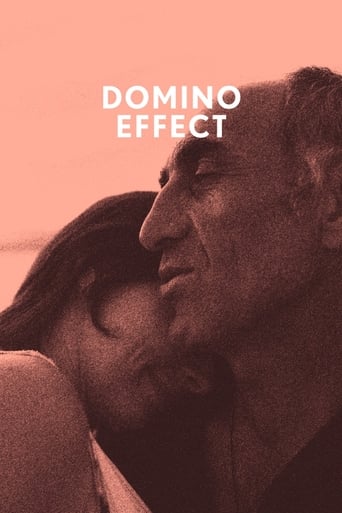
28 Nov 2014

Rafael - the minister of sports of an unrecognized country, and Natasha - a Russian opera singer, try living together in Abkhazia - a war-torn future-less country. Observing their difficult relations, we see life in a place marked by war and nationalism. The film portrays trapped people dreaming of peace, normality and happiness.
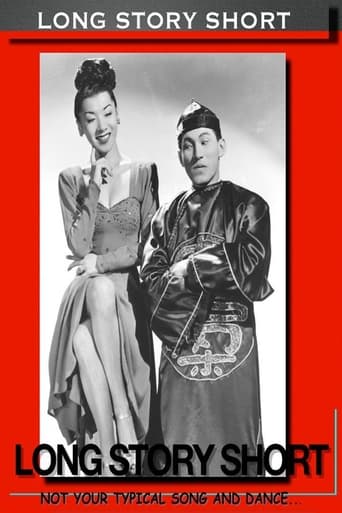
02 Mar 2008

Tells the story of Larry and Trudie Long, a popular Asian American nightclub act of the '40s and '50s, told through the eyes of their daughter, actress Jodi Long.
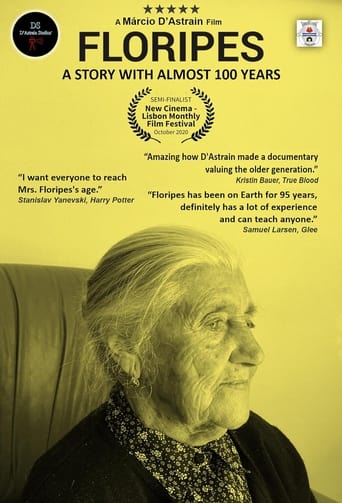

A story with almost 100 years told by the 95 years old woman Floripes.
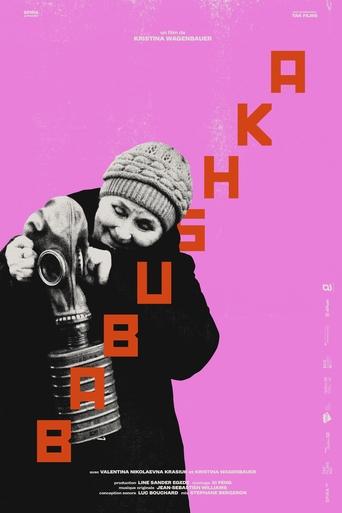
12 Nov 2021

Twenty-five years after she moved away, Canadian filmmaker Kristina Wagenbauer (a participant in the 2019 Talent Lab) returns to her native Russia to visit her grandmother – her Babushka – with whom she spent part of her childhood, in this film brimming with tenderness and humour. The two women reflected in the mirror bear an undeniable resemblance, and each seeks to recognize herself in the other. Plumbing her memories, Wagenbauer hopes to re-establish a lost bond of intimacy and to confront the wounds of the past. Babushka has survived the Second World War, the break-up of the Soviet Union, the void that her daughter and granddaughter left behind when they moved abroad, and, more recently, the death of the love of her life. Despite all of this, she holds to life with a strong spirit of resilience.
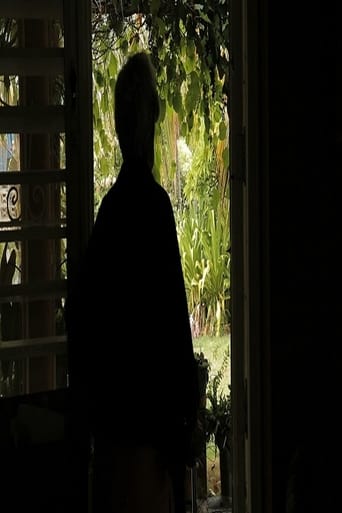
15 Nov 2017

Dos Islas is a poetic story about old age, family and the bond between a granddaughter and a grandmother. The woman, who just turned 102, tells stories about her past and childhood. In a literary and visual way she describes the most minute details. The film dazzles the viewer with love and optimism, the time passes slowly between the two islands, which might be real people, real places or the products of the main character’s imagination.
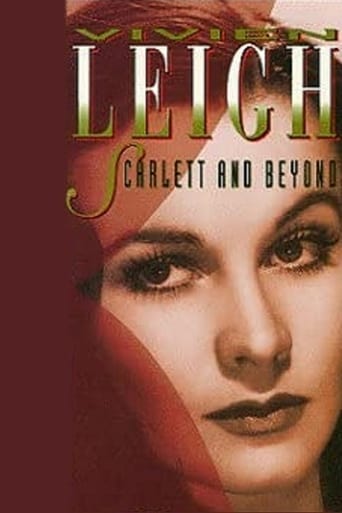
22 Oct 1990

The life and career of two-time Oscar winner Vivien Leigh, who battled tuberculosis and manic-depression but always remained a star.
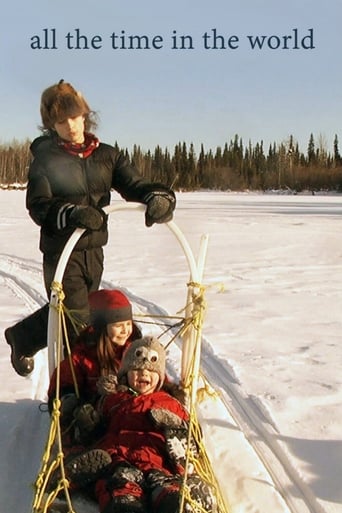
17 Jul 2015

A documentary that chronicles life's natural unfolding when a family tries to live by the seasons instead of by the clock.
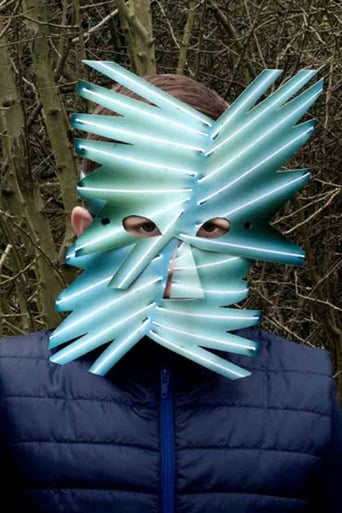
19 Dec 2016

The industrial noise of a factory in the Isle of Grain provides a percussive backbeat as a group of local children rap about their lives and play in the woods, sometimes wearing luminous tribal masks.
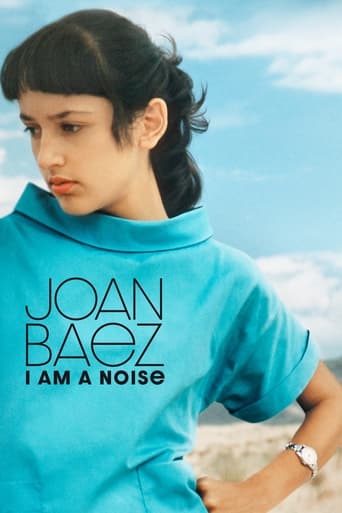
06 Oct 2023

Since her debut at the age of 18, musician, civil rights campaigner and activist Joan Baez has been on stage for over 60 years. For the now 82-year-old, the personal has always been political, and her friendship with Martin Luther King and her pacifism have shaped her commitment. In this biography that opens with her farewell tour, Baez takes stock in an unsparing fashion and confronts sometimes painful memories.
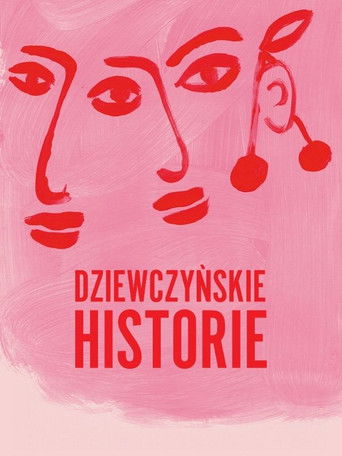
12 Oct 2023

Jagoda and Zuzia giggle in the opening scenes in the way that only 11-year-old girls can. Together they are the center of their own changing world. On the face of it, not much happens in the lives of these Polish best friends, but big changes are on the way. The end of primary school is in sight, and the girls are impatiently awaiting first love, budding breasts and first periods.

14 Nov 2024

Terpsichore is a captivating exploration of dance as an art form, illuminating the passion, discipline, and vulnerability that transform movement into poetry. The documentary follows three distinct yet interconnected artists: Cece Trapani, an Irish dancer; Aurora Maur, a burlesque performer; and the Dayton Contemporary Dance Company (DCDC), a renowned contemporary dance ensemble. Through their stories, Terpsichore reveals the universal language of dance—one that transcends genre and speaks to the depths of human emotion. Intimate interviews and behind-the-scenes rehearsal footage offer a raw, unfiltered look at the artistry behind each performance, capturing the essence of dance as both personal expression and a bridge between artist and audience. More than a showcase of technique, Terpsichore delves into the soul of movement, celebrating its power to connect, inspire, and reveal the unspoken truths of the human spirit.
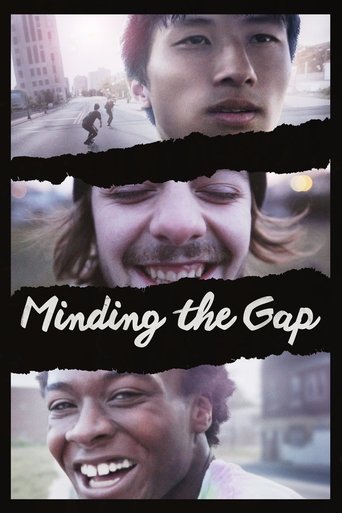
17 Aug 2018

Three young men bond together to escape volatile families in their Rust Belt hometown. As they face adult responsibilities, unexpected revelations threaten their decade-long friendship.